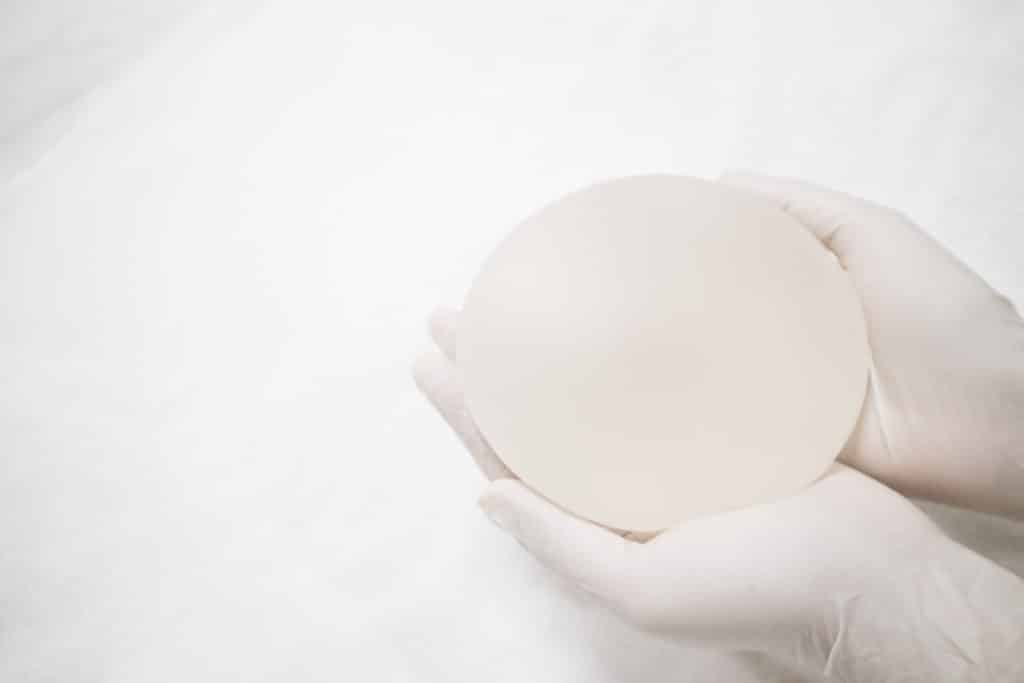EVERYONE KNOWS THAT GETTING A GOOD NIGHT’S SLEEP IS IMPORTANT FOR BOTH PHYSICAL AND MENTAL HEALTH.
This is even more important after you have had surgery. The question is, what is the quality of the sleep when there is pain or discomfort from surgery, or even worse, when you can’t sleep in the position you are used to sleeping in!
BEFORE BED
About 30mins before you go to sleep it’s important to clean your nose with a nasal saline (salt water) douche. This will help clean out any dried blood and mucous and keep the air passages clear, helping you breath better throughout the night.
In addition take some pain killers (paracetamol and ibuprofen) so that by the time you’re in bed they are working and you are not trying to fall asleep whilst in pain.
Sleeping in a cool room also helps as it minimises the swelling and pressure sensation in your face. So turn off the heating or open a window.
IN BED
Sleeping alone for the first 1-2 nights is a good idea. It means you have lots of room. You won’t be worried about being knocked or disturbed by your partner. Its also means your partner will sleep better as well because you are likely to snore as you are having to breathe through your mouth.
Its important to sleep as upright as possible and on your back. Your nose is very fragile and malleable. If you sleep on your front or side you could move your nose before it has had a chance to set.
You will inevitably sleep with your mouth open. This means dry lips and mouth. Have a glass of water next to bed and put some Vaseline on your lips.
WHAT TO EXPECT FROM YOUR SLEEP IN THE AFTERMATH OF YOUR OPERATION
Managing expectations is really important. Don’t expect to sleep well during the first few days. Your sleep will be broken and you’ll feel uncomfortable. However, you will soon get used to sleeping on your back and sleeping will become easier by day 4 and 5 after surgery.






